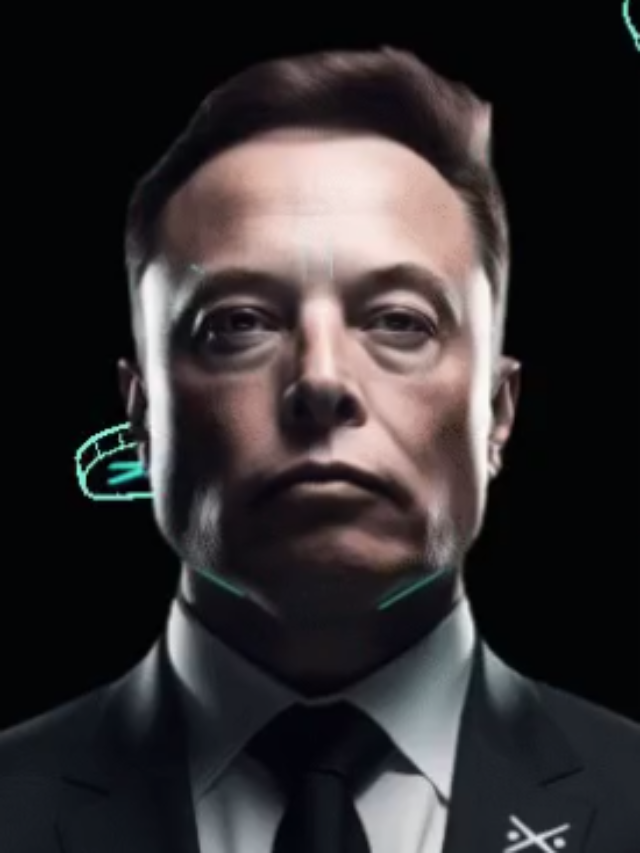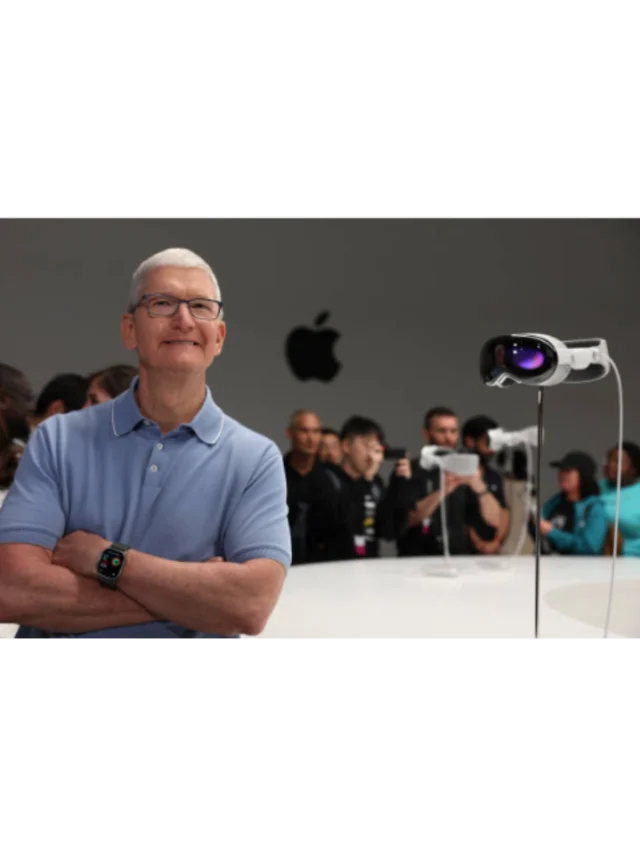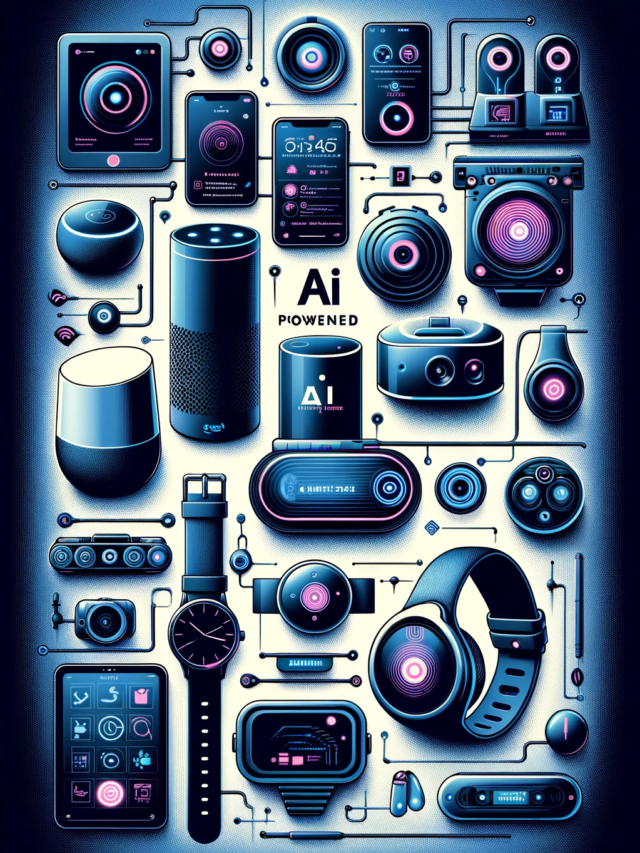Technology has significantly accelerated the globalization of markets and production. The advent of the internet and digital communication has eradicated geographical barriers, enabling businesses to operate and market globally with ease. E-commerce platforms like Amazon and Alibaba have revolutionized retail, offering global access to a wide array of products and creating competitive, international marketplaces. Innovations in supply chain management, including IoT and blockchain technology, have enhanced efficiency and transparency, facilitating faster, more reliable international trade
Table of Contents
Breaking Down Geographical Barriers

The digital revolution, spearheaded by the internet, has dissolved the physical and temporal barriers that once hindered international business. High-speed internet and mobile connectivity have enabled real-time communication across continents, making it possible for a business in New York to seamlessly coordinate with a supplier in Shanghai. This instant connectivity has not only accelerated trade but also allowed smaller businesses to enter the global arena.
The Advent of E-commerce

E-commerce platforms have democratized market access, enabling businesses of all sizes to sell their products worldwide with a few clicks. This ease of access has expanded market reach for businesses and provided consumers with a plethora of international products and services, further knitting together the global economic fabric.
Supply Chain Optimization

Technological advancements in logistics and supply chain management have dramatically streamlined global production. From RFID tracking to advanced logistics software, companies can now monitor and manage their supply chains in real-time, reducing costs, improving efficiency, and responding swiftly to market demands. This seamless integration of global supply chains has made it possible to produce goods in one country, assemble them in another, and sell them worldwide.
The Rise of FinTech

Financial technology, or FinTech, has revolutionized international transactions. Digital payment platforms, cryptocurrencies, and blockchain technology have simplified cross-border transactions, reducing costs and transaction times. These innovations have made international business more accessible and secure, further encouraging global trade.
Manufacturing Innovations

Technological advancements in manufacturing, such as automation, robotics, and 3D printing, have reshaped production landscapes. These technologies have not only improved efficiency and quality but also made it cost-effective to produce goods closer to where they are needed, leading to a more flexible and responsive global production network.
Knowledge and Technology Transfer
The global spread of technology has facilitated the rapid transfer of knowledge and skills across borders. This transfer has enabled developing countries to leapfrog stages of industrial development, rapidly modernizing their economies and integrating into the global market.
The Role of Multinational Corporations (MNCs)
MNCs have been major players in utilizing and spreading new technologies worldwide. They invest in research and development, drive innovation, and transfer technologies to different parts of the world, shaping a more interconnected global economic landscape.
Challenges and Considerations
While technology has undeniably globalized markets and production, it has also brought challenges. Issues of cybersecurity, privacy, intellectual property, and the digital divide pose significant concerns. Moreover, the environmental impact of increased global production and the socio-economic implications of automation and job displacement are critical considerations for sustainable globalization.
Conclusion
The relentless march of technology has irreversibly globalized markets and production, creating a world more connected than ever before. As technology continues to advance, it promises to further integrate global economies, presenting both opportunities and challenges. Understanding and navigating this complex landscape is crucial for businesses, policymakers, and individuals alike. The future of globalization is being written in the language of technology, and its script is one of continuous evolution and transformation.
We’ve Explored the Global Stage, Now Let’s Hear Your Voice!
The world is more connected than ever, with technology continuously reshaping our markets and production lines. But this narrative isn’t just ours to tell – it’s yours to expand. How do you see technological advancements further influencing global trade and industry? Are there particular innovations or challenges you’re passionate about? Perhaps you have insights into how we can navigate the complex future of globalized technology.
Share your thoughts and join the dialogue with industry peers and tech enthusiasts on TrendingTechUSA.com. Your perspective is crucial in understanding the multifaceted impact of technology on our global community. Comment below and let’s propel this conversation into the future!












Go through the article once and Look for the gadgets which suits you well.
Regards,
trendingtechusa.com